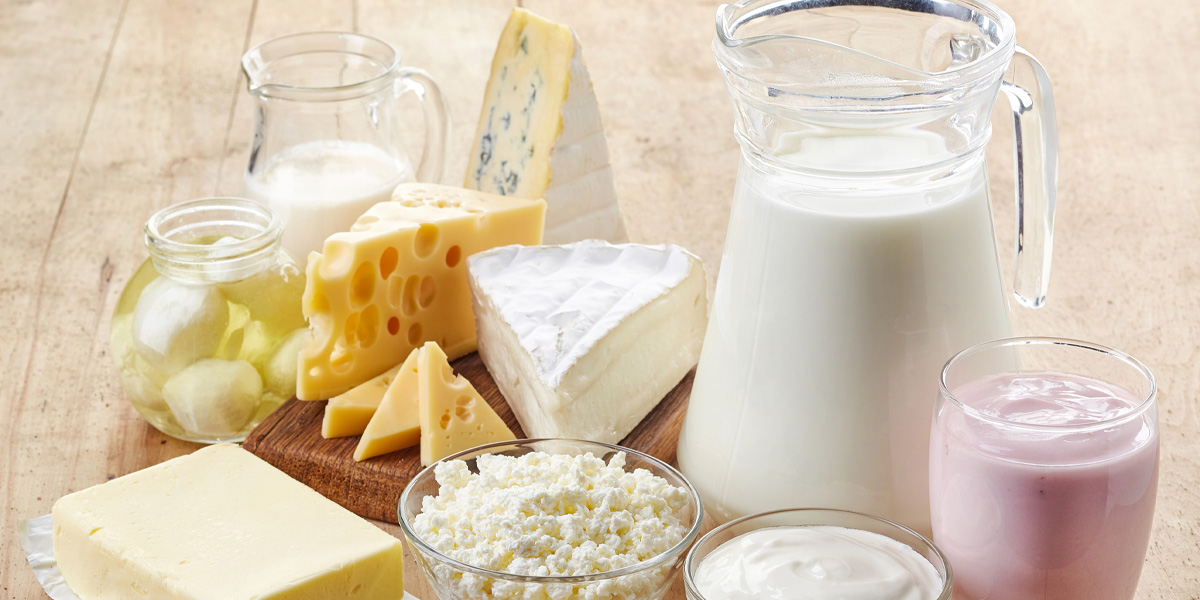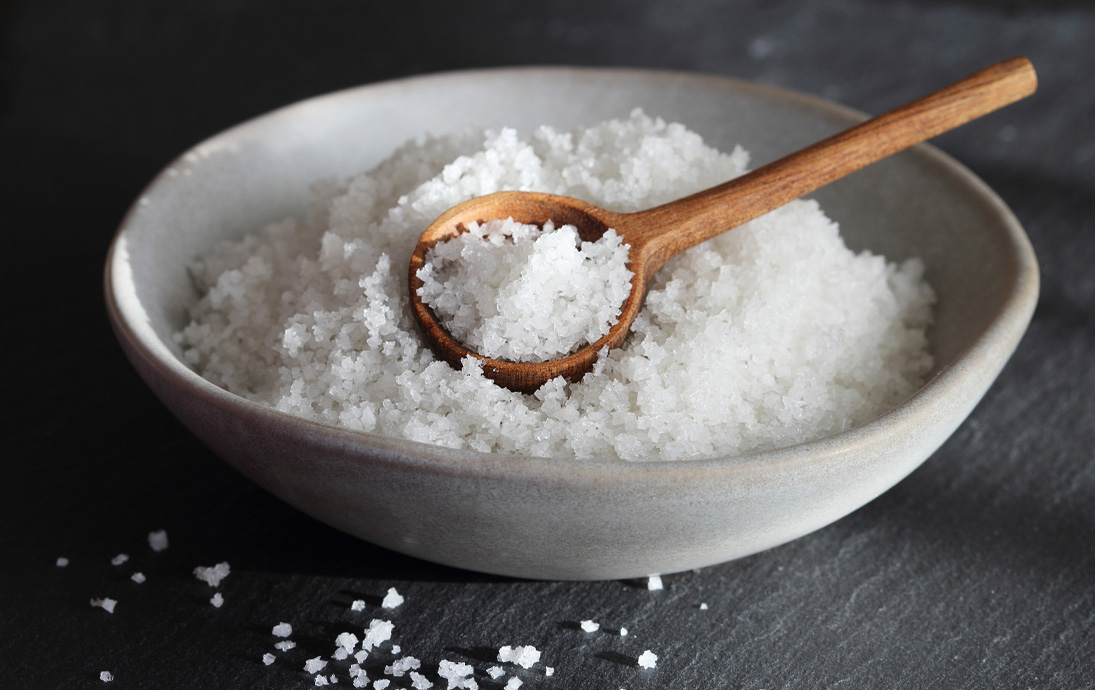
Dairy products have long been a staple in many people's diets, providing essential nutrients like calcium and protein. However, in recent years, there has been increasing awareness of the potential impacts of dairy on our bodies and health. From lactose intolerance to concerns about hormones and antibiotics in milk, the dairy dilemma has sparked interest in exploring alternatives. In this blog, we delve into the effects of dairy on your diet and body, as well as explore various dairy substitutes.
Understanding Dairy's Impact:
Dairy products encompass a wide range of foods, including milk, cheese, yogurt, and butter. While they are rich sources of calcium, protein, and vitamins like B12, dairy can also present challenges for certain individuals.
Lactose Intolerance: One of the most common issues with dairy consumption is lactose intolerance. This condition arises due to the body's inability to digest lactose, the sugar found in milk. Symptoms include bloating, gas, diarrhea, and abdominal discomfort. For those with lactose intolerance, consuming dairy can be uncomfortable and may necessitate seeking alternative sources of nutrients.
Allergies: Dairy allergies are another concern, particularly among children. Allergic reactions to dairy can range from mild (hives, itching) to severe (anaphylaxis). Individuals with dairy allergies must avoid all forms of dairy, which can pose challenges in meeting their nutritional needs.
Hormones and Antibiotics: Some people are concerned about the presence of hormones and antibiotics in dairy products. While regulations exist to monitor these substances in dairy farming, the potential health implications of long-term exposure to these compounds remain a subject of debate and research.
Dairy Substitutes:
Fortunately, numerous dairy substitutes are available for those looking to avoid or reduce their dairy consumption. These alternatives offer options for individuals with lactose intolerance, dairy allergies, or those simply seeking plant-based alternatives.
Plant-Based Milk:
Soy Milk: Made from soybeans, soy milk is a popular dairy alternative known for its creamy texture and nutritional profile. It's often fortified with calcium and vitamin D.
Almond Milk: Almond milk is made from ground almonds and water, offering a nutty flavor and a lighter consistency compared to cow's milk. It's low in calories and suitable for those with nut allergies.
Oat Milk: Oat milk has gained popularity for its creamy texture and mild flavor. It's naturally sweet and often fortified with vitamins and minerals.
Non-Dairy Yogurt:
Coconut Yogurt: Made from coconut milk, coconut yogurt is rich, creamy, and often has a slightly tangy flavor reminiscent of traditional yogurt.
Almond Yogurt: Similar to almond milk, almond yogurt is made from blended almonds and water, offering a smooth texture and nutty taste.
Soy Yogurt: Soy yogurt provides a creamy texture and is rich in protein, making it a suitable alternative for those looking to maintain their protein intake.
Dairy-Free Cheese:
Nutritional Yeast: Nutritional yeast is a deactivated yeast that is often used to add a cheesy flavor to dishes. It's rich in vitamins and minerals, particularly B vitamins.
Cashew Cheese: Made from blended cashews, cashew cheese offers a creamy texture and is versatile for use in various dishes, from macaroni and cheese to dips and spreads.
Plant-Based Cheese Alternatives: Many brands offer dairy-free cheese alternatives made from ingredients like coconut oil, tapioca starch, and nuts, providing options that closely mimic the taste and texture of traditional cheese.
While dairy products have long been valued for their nutritional benefits, they may not be suitable for everyone due to lactose intolerance, allergies, or other concerns. Fortunately, a variety of dairy substitutes are available, offering alternatives that cater to different dietary preferences and restrictions. Whether you're lactose intolerant, vegan, or simply looking to explore new culinary options, there's a world of dairy-free alternatives waiting to be discovered. By understanding the impact of dairy on your diet and body and exploring suitable substitutes, you can make informed choices that support your health and well-being.


